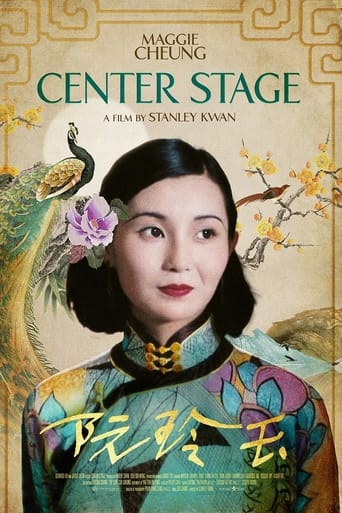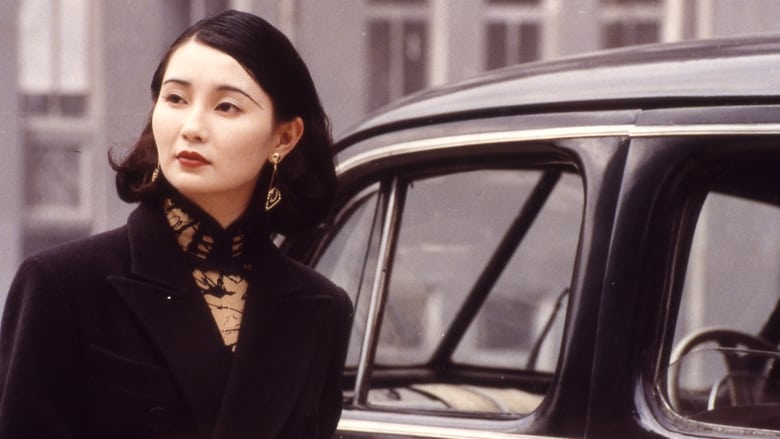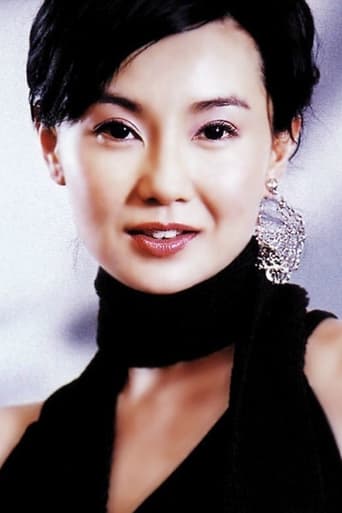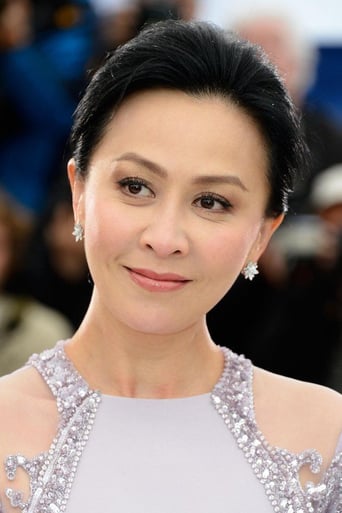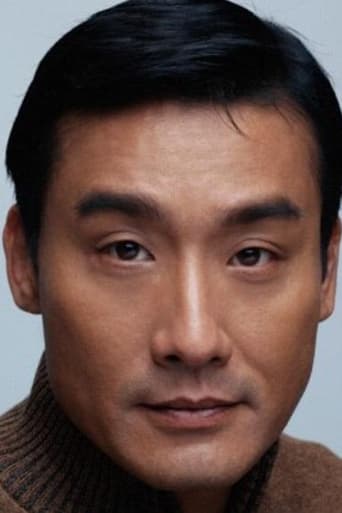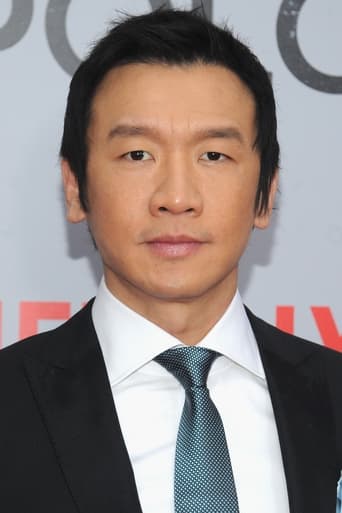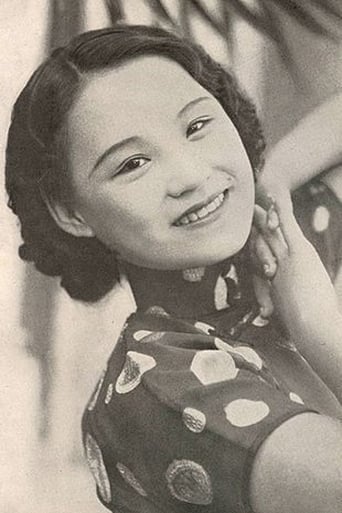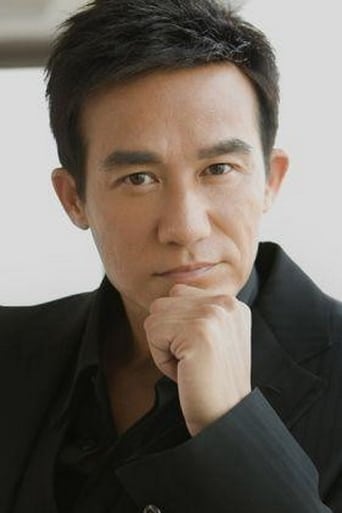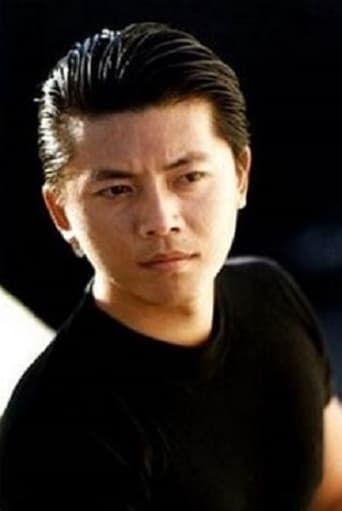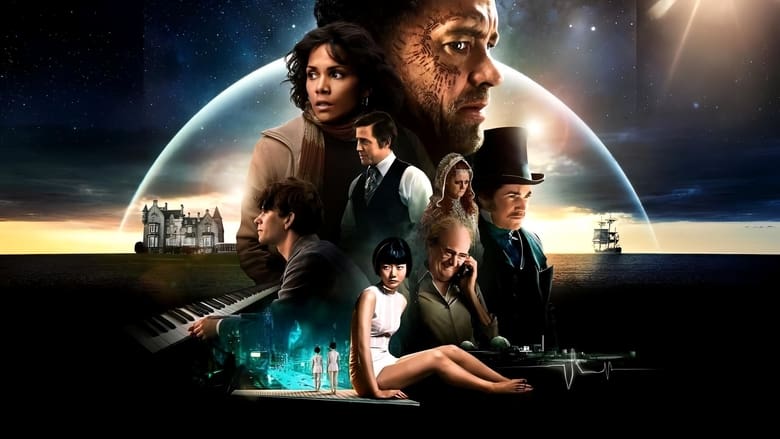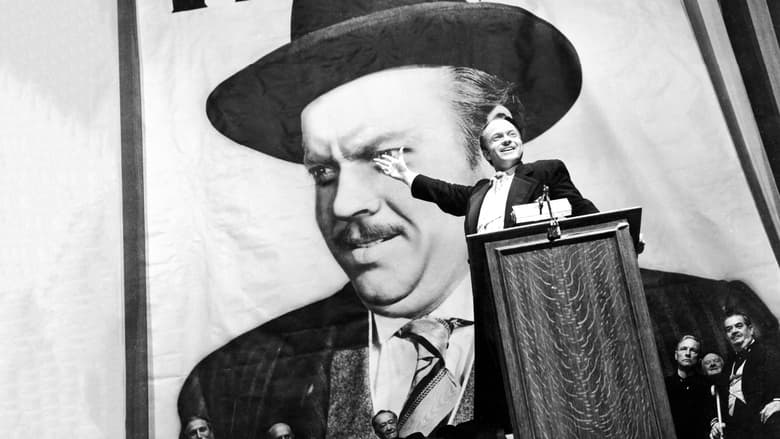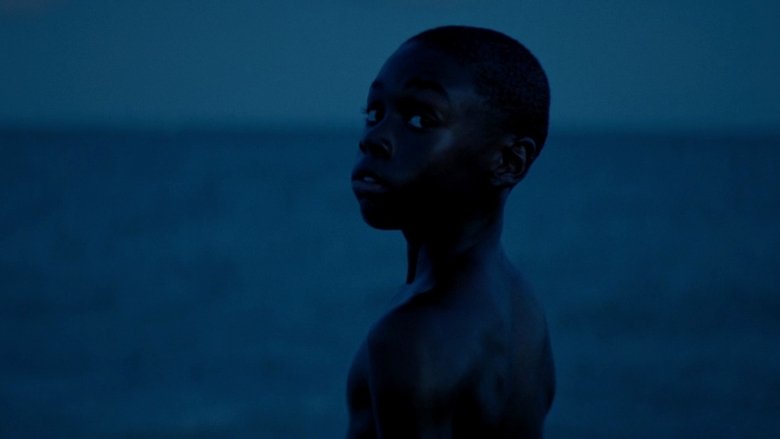Based on the tragic true story of China's first prima donna of the silver screen, Ruan Lingyu, chronicling her rise to fame as a movie actress in Shanghai during the 1930s.


Similar titles
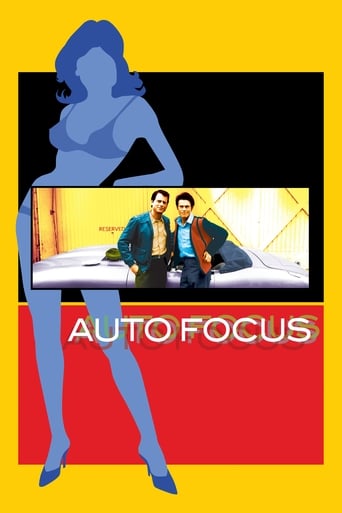

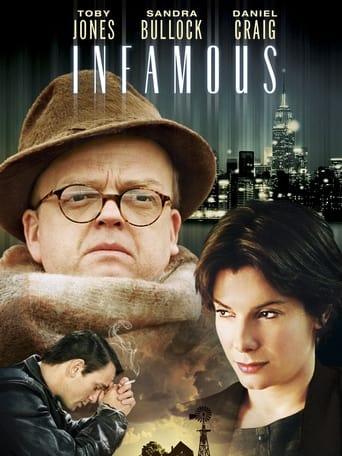
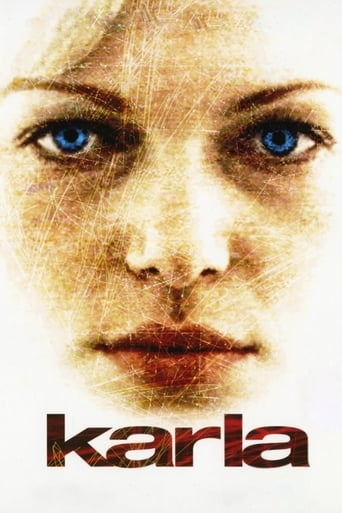
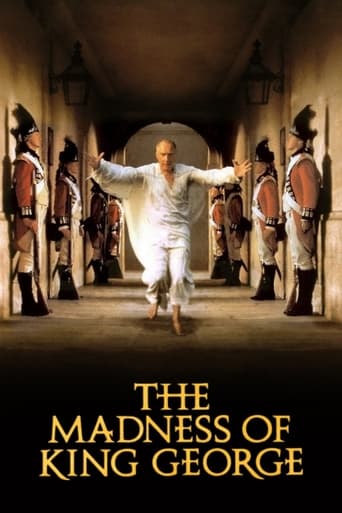
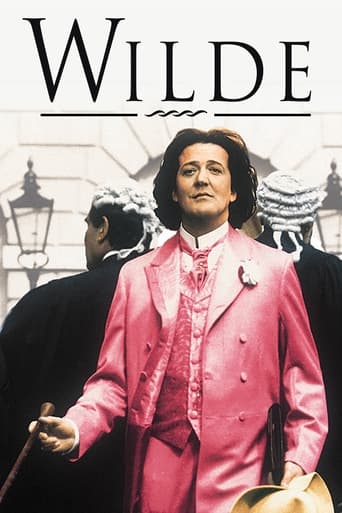
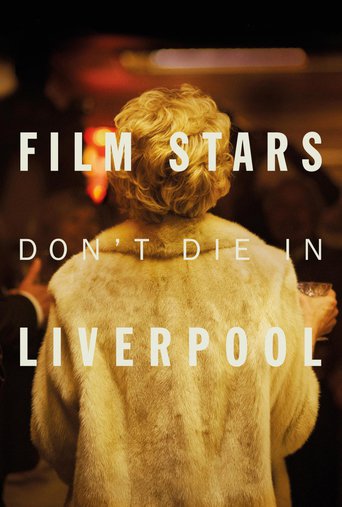

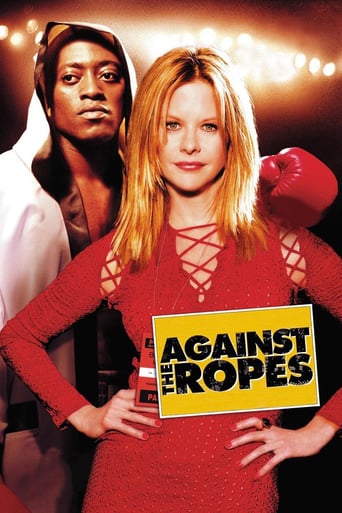

Reviews
I found this Chinese film in the book 1001 Movies You Must See Before You Die, as with many titles featured in the book, I was hoping for something worthwhile and that would deserve its placement, it certainly sounded like something that could be good. Basically it is about the life and career of 1930s Chinese movie star Ruan Ling-yu (In the Mood for Love's Maggie Cheung, also as herself). She was China's first prima donna of the silver screen, emerging as a star of the silent screen by her twenties, and becoming known as "the Chinese Garbo". Ruan started as a background actress at the age of sixteen, with short appearances and small parts, eventually gaining leading roles, she starred in over a dozen films, many have been lost, but those that remain are still well-received. But Ruan had a troubled personal life, she was having an affair with a married man, and gained negative criticism from the press. Various public issues and intense private problems resulted in Ruan committing suicide, she poisoned herself with an overdose of barbiturates, leaving a note that apparently read "gossip is a fearful thing", there was also rumours of her lover being hostile to her, she was 24 years old. The film switches between documentary style interviews by those who knew Ruan Ling-yu, the cast and crew of this film, and recreations of her most famous films, including the critically acclaimed The Goddess. Also starring Chin Han as Tang Jishan, Lawrence Ng as Zhang Damin, Tony Leung Ka-fai as Cai Chusheng, Carina Lau as Li Lili, Cecilia Yip as Lin Chuchu and Waise Lee as Lai Man-Wai. Cheung gives a splendid performance as the troubled but talented actress, I personally know of the real actress from watching The Goddess, which was a brilliant performance, it is a tragic story of the rise to stardom and the pressures it brings, the most memorable scenes are the recreations of the famous films, overall it was a fairly good period biographical drama. Worth watching!
There are many pieces that should have been done better, but overall, the presentation is quite refreshing (interpersing footages and interviews with the main part of the movie)) and a story well-told.SPOILERS THROUGHOUT THE REST A few things worth clarifying -- Ruan was not married to Chang Ta-Min and she was not concerned about his accusation. It was her affair with Tang Chi-Shan (who refused to get a divorce) that bothered Ruan. Furthermore it was unclear to me if Ruan's union with Tang was voluntary or not. He's the boss of the studio afterall, and the scene with blowing the cigarette at him was taken from a movie in which a prostitute was forced to bed with a gangster.She clearly liked Tsai Chu-sheng, but this person only "talked." He flirted with her and used her for his movies but never stood up to protect his movie or Ruan (even when the immediate trigger to Ruan by the press was her role in his movie).Ruan rarely demonstrated her emotions but one can see them clearly during the filming of her movies.In the end, it seems that part of her depression came from thinking out loud with the characters she was acting and empathizing with their predicaments. Then, these were amplified by the many unfairness tossed at her in real life, leading to her suicide. Pretty devastating! PS. I actually liked a lot of the earlier slow scene between Ruan and her mother and adopted daughter. Much was reveal in those seemingly casual daily conversations (like the soup her mother prepared for Chang). Later on she was hiding almost everything to herself, and one can only get hints from subtle facial expressions etc.
I stumbled on a DVD copy of the film from the local library, but before that I never heard of this film. Stanley Kwan also directed Rouge, a film I enjoyed and liked very much, and that prompted my decision to make the time investment to watch it.Center Stage, aka Yuen Ling-Yuk (Cantonese pronunciation of the main character) or Ruan Ling-Yu (the mandarin equivalent) is a slow film, a period piece focused on the life and premature death of an actress in the 30's in China. As a kid growing up in Asia several decades ago I never watched B/W silent films, so Yuen was never known to me, until now.It was a slow film, but well acted and researched. I enjoyed the depiction of Shanghai in the 30's and the personification of various people in the entertainment circle. This film is obviously not for everyone. For the selected few with the interest or the cultural background, it is a film worth watching. If nothing else, it is a cultural lesson on the filming business and a snapshot of the Chinese society in 1930. Seeing some big name actors in it, doing what they do best, is a bonus.
The experience of watching this film in 2006 has been similar to watching Marilyn Monroe in "Don't Bother to Knock" after having seen her later, greater performances. Maggie Cheung's (Garbo-like) capability to release interior emotion that will later haunt viewers in "In the Mood for Love" is beginning to take root in "Yuen Ling-yuk." Later on, Wong Kar Wai was able to use editing to sculpt her performance into consistent, unrelenting intensity. Here she is just beginning to explore the boundaries of her talent. This fits in with director Stanley Kwan's need to create a work in progress, like the productions we watch as they are filmed. He both exploits and denounces the artificial milieu as the actors slip in and out of their roles and the film steps in and out of period. The trial-and-error method of Yuen Ling-yuk is matched by Kwan's letting Cheung find her way through the moods of the character, as if she were trying on a different mask for each moment of the life she is embodying. By 2000 the integration of facial and corporal expressions into dramatic expression would be seamless. It would be interesting to know which directors saw this film when it was shown on the festival circuit. Did Tim Burton know that he had a Chinese counterpart who also let his affection for a forgotten era in cinema guide the pace (disconcerting for many) of his tribute when he made "Ed Wood" a year later? In 1999 when Benoît Jacquot filmed "La Tosca," did he think of this film for his distancing technique that juxtaposed real singers at a recording session filmed in black-and-white with their operatic characters in colorful period costumes? Perhaps even Scorsese took inspiration for "Aviator" from the 1930s shadowy wood-paneling/glossy brilliantine look that comes much more easily to Kwan.This film can be placed alongside "Sylvia Scarlett" or "The Unbearable Lightness of Being," wherein young actresses were given the freedom to go beyond what they had done before and reach for what they would do, under the guidance of a director whose search to take the viewer into (then) uncharted waters inspired the performers to deepen their potential.
